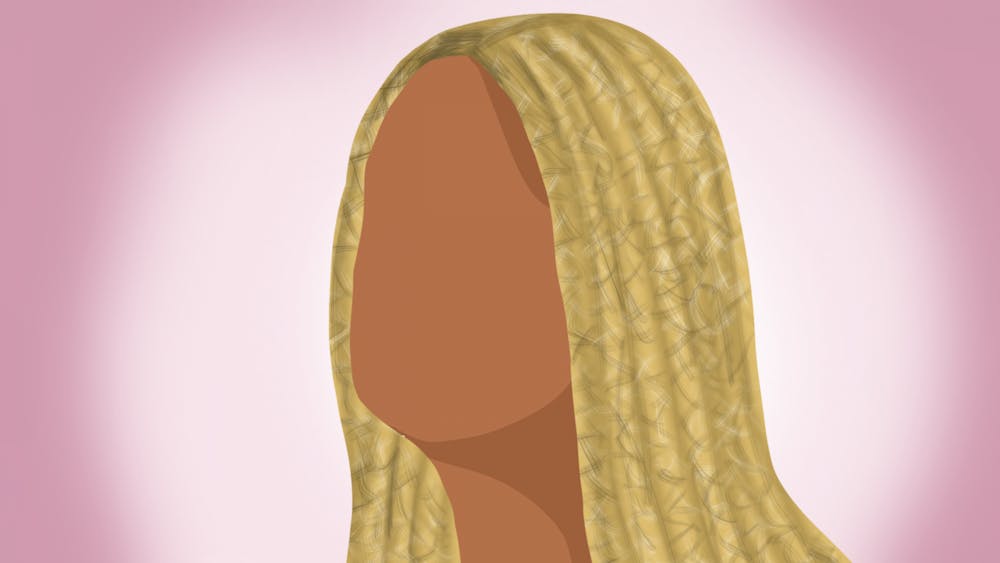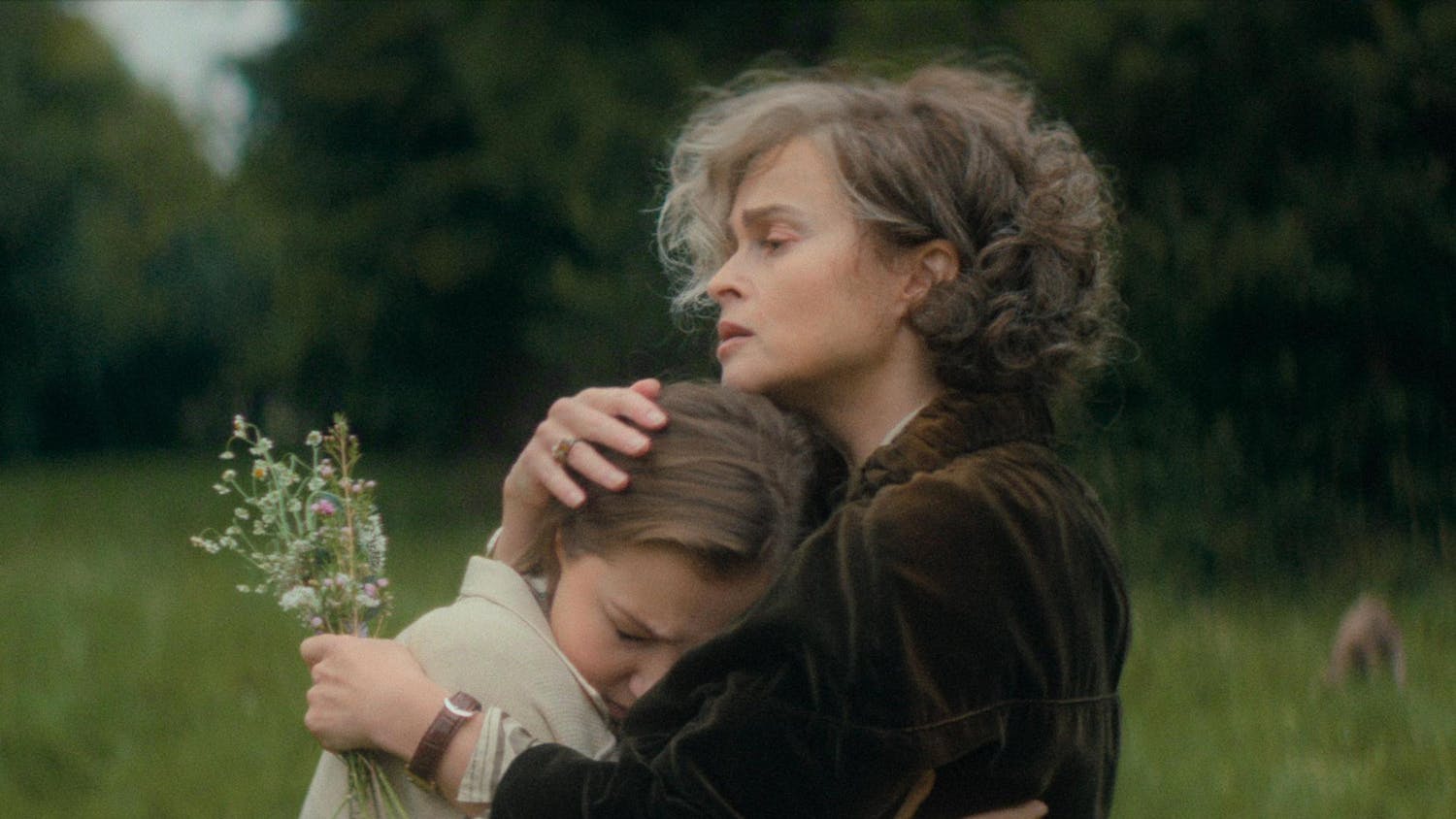This weekend, a 19-year-old white woman was accused of Blackfishing on some of her Instagram and Twitter posts, sparking controversy within IU’s Black community.
The posts show the girl with box braids, a common hairstyle for Black women, and commenters accused her of self-tanning to the point where she looks like a lighter skinned Black woman.
IU graduate student Daja Palmer said Blackfishing is when non-Black people take from Black culture and wear it as a costume.
“Everybody wants to be Black until it is time to be Black,” Palmer said.
The term derives from the racist, historical practice of Black face, which white people have used for centuries to mock Black people and culture. Black face was very popular during the time of Jim Crow and was often used for theater and minstrel shows.
What makes Blackfishing wrong is that white people can appropriate Black culture and get away with copying us under the guise of trendiness, while not having to worry about the negative consequences of being Black.
“Stuff that we cannot wear on a daily basis, they can wear because it’s considered cool and urban,” Palmer said.
While this trend of appropriating Black culture has sparked outrage within the Black community, its impact on Black culture is minimized.
IU graduate student Selena Drake said Black culture has long been a form of entertainment for non-Black people.
“Black people cannot be Black, but when other ethnicities use our culture in a way to benefit them, Black people receive no recognition from it,” Drake said
“As a Black woman, we cannot do as many things as any other woman or race could,” Palmer said. “Like for instance, our braids are not even considered professional in a work setting but here we are seeing white women get braids and people are like ‘Oh my God, that is so trendy’.”
The bigger issue surrounding this specific case of Blackfishing, Drake said, is the girl did not take the time to address the issue and does not seem to be an advocate for Black lives and the issues faced within the community because none of her social media posts reflect her support.
Past occurrences of Blackfishing, such as Rachel Dolezal story, should have provided enough evidence to prove the damage Blackfishing does to the Black community. Back in 2015, while serving as president of her local NAACP chapter, Dolezal claimed to be biracial.
She darkened her skin, wore braids and even legally changed her name Nkechi Amare Diallo. She has since written a book, but has trouble finding employment. Despite this very public example as to why Blackfishing is wrong, the trend continues.
“We look at her [Dolezal] and see she has risen, with her effects of Blackfishing, to places Black people should be in and occupy,” Drake said. “We do not need a white person on the face of this movement.”
Palmer said Black people are not cautious enough with letting white people in our spaces, and this is one of the reasons why cases of Blackfishing keep surfacing.
“White people have spaces all around us and they make us feel obligated to let them in ours,” Palmer said. “We need to educate ourselves.”
While Blackfishing is seen to have a negative impact on Black culture and identity, conversations on its impact need to continue in order for this trend of appropriation to end.






